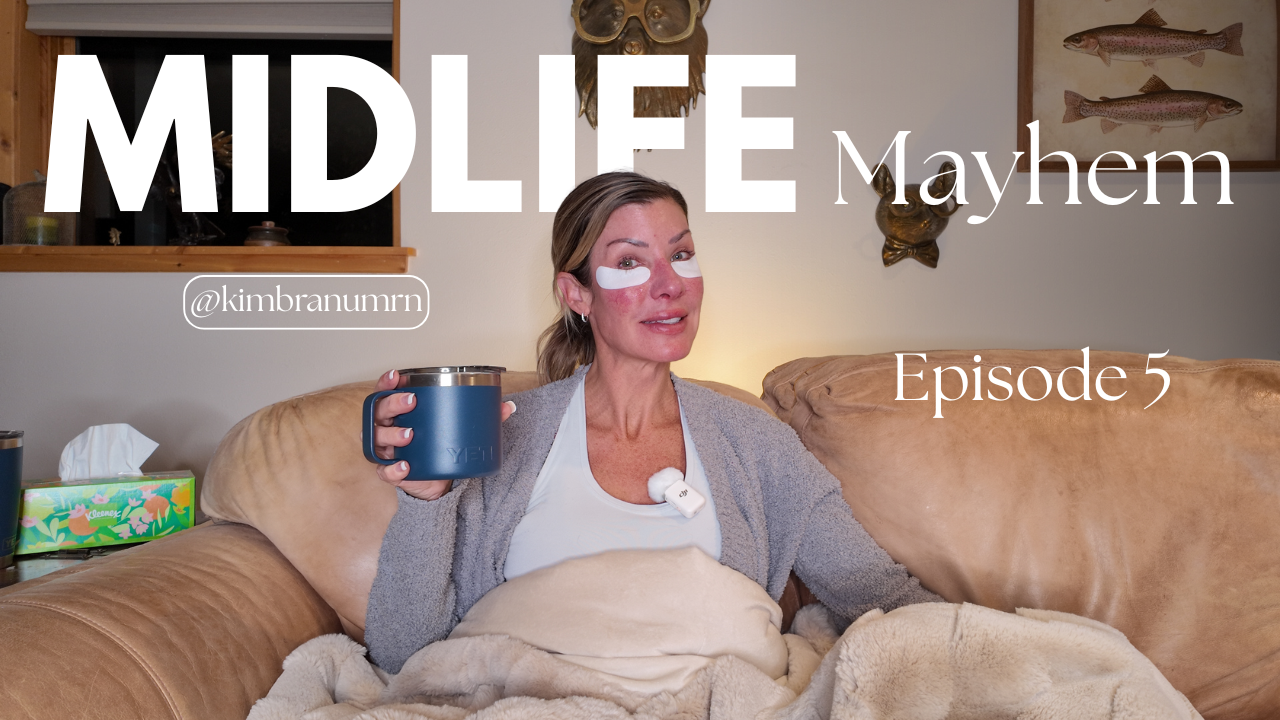The Day My Life Changed Forever


Childhood trauma leaves an indelible mark on our lives, shaping who we become and influencing our relationships, careers, and sense of self. In this deeply personal episode of Midlife Mayhem, I open up about the defining moment of my life – losing my mother in a tragic accident when I was just seven years old.
My mother, a nurse with a newborn son battling leukemia, stopped to help an injured stranger on the side of the road. That act of kindness cost her life when another vehicle struck them both. As a child, I was shielded from the immediate horror – a protective blank space exists in my memory where the accident should be. Instead, I remember drinking my mother's sweet tea and worrying she would be upset, playing with the radio while waiting, and the confusion of police officers and strangers asking questions I couldn't answer. That poignant moment when a police officer's wife gave me a look of profound sadness when I asked for sweet tea to replace what I'd drunk – not knowing my mother would never return to be upset about it – captures the innocence of a child confronting unimaginable loss without fully comprehending it.
The aftermath of tragedy often creates ripple effects that last for decades. I learned early on that my grief made others uncomfortable, so I began compartmentalizing my feelings and putting others' comfort before my own emotional needs. When my father remarried, my mother's presence was systematically erased from our home – photos removed, possessions sold, and an unspoken rule established that we didn't talk about her. This pattern taught me to bottle up my feelings and present a version of myself that wouldn't be "too much" for others to handle. The experience of having my birth certificate legally changed to my stepmother's name (who later divorced my father) represents another layer of my mother's erasure that I'm still processing today.
Years later, as an adult cleaning out my grandparents' home after their passing, I discovered the accident report and newspaper clippings about my mother's death. Reading these accounts reopened the wound but from an entirely different perspective. I suddenly saw the tragedy through adult eyes and gained insight into what my father must have endured – losing his wife while caring for two young children and navigating his own overwhelming grief. This revelation helped me develop deeper empathy for how my mother's death affected everyone around me, including my siblings and extended family.
Perhaps the most healing chapter of my journey came when I followed in my mother's footsteps and became a nurse. Working in the neonatal unit where she once cared for premature babies brought me full circle. The emotional connection to her through shared professional experiences created a bridge across time. Nursing became more than a career – it became a way to honor her legacy and process my grief through service to others. This unexpected path to healing demonstrates how we sometimes intuitively find our way toward restoration, even when the conscious journey feels endless.
Sharing this story publicly marks another step in my healing journey. The fear of being "too much" – that my grief will overwhelm others – has kept me silent in many ways throughout my life. But in breaking that silence, I hope to create space for others to share their stories of loss and resilience. Childhood trauma may shape us, but it doesn't have to define us. The path forward involves acknowledging our wounds while recognizing how they've contributed to our strength, empathy, and capacity to help others navigate their own difficult journeys.